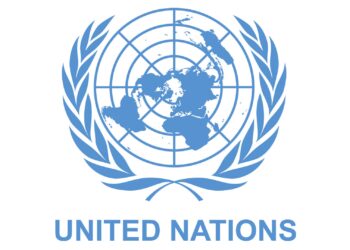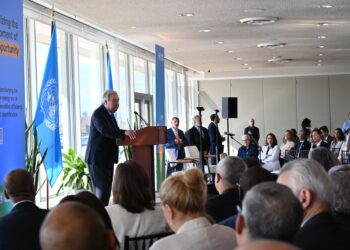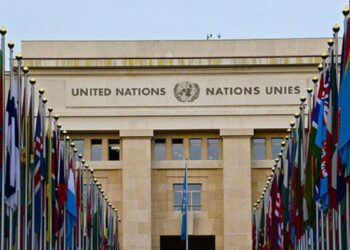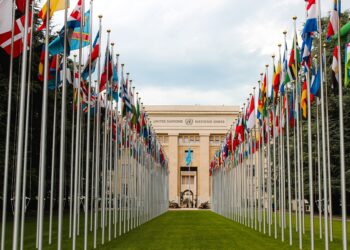The United Nations has projected global population will reach 8 billion in the middle of November 2022. This will mark a historic turning point for humanity and raise concerns about sustainability.
In the last 50 years, the population has doubled; 4 billion people lived on Earth in 1974. And after the world’s population reached 7 billion in 2011, it only took a little more than ten years to add its most recent billion.
Asia and Africa contributed the most to the growth, while Europe’s population will soon decline.
- The UN said, “The world’s population will reach 8 billion in the middle of November – a testament to scientific breakthroughs and improvements in nutrition, public health, and sanitation. But as our human family grows larger, it is also growing more divided.”
Billions face hardship: António Guterres, secretary-general of the United Nations, stated that billions of people are struggling; hundreds of millions are facing hunger and even famine. Record numbers are on the move seeking opportunities and relief from debt and hardship, wars, and climate disasters.
- He said, “Unless we bridge the yawning chasm between the global haves and have-nots, we are setting ourselves up for an 8-billion-strong world filled with tensions and mistrust, crisis and conflict.”
- “The facts speak for themselves. A handful of billionaires control as much wealth as the poorest half of the world. The top one percent globally pocket one-fifth of the world’s income, while people in the richest countries can expect to live up to 30 years longer than those in the poorest. As the world has grown richer and healthier in recent decades, these inequalities have grown too.“
The implication: One billion more people have joined the planet’s population in the past 11 years, bringing the total to eight billion. According to the most recent UN estimates, the world’s population could reach 8.5 billion people in 2030 and 9.7 billion by 2050.
However, even though the world population is at record highs, demographers observe that the rate of growth has steadily decreased to less than 1% annually. As a result, nine billion people should not inhabit the planet until 2037.
In a world where food insecurity is already a problem, more economic hardship is likely to result if the population growth rate is not kept up by improvements in the global growth rate aided by technology.






















